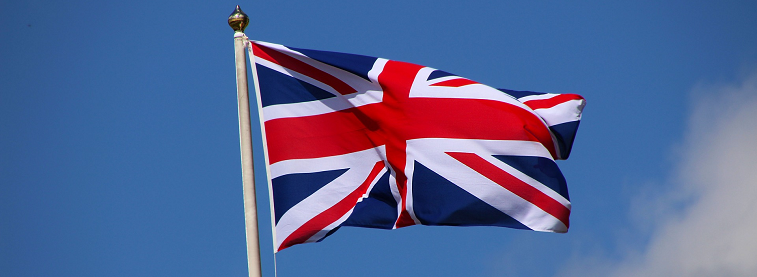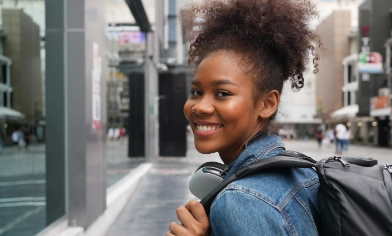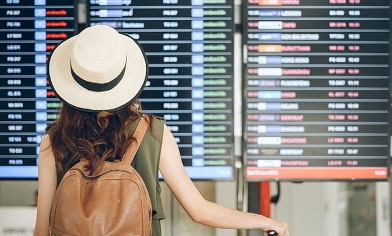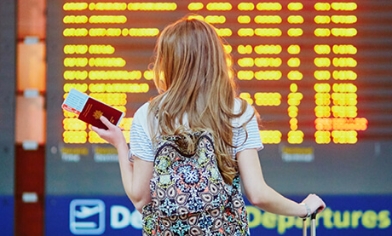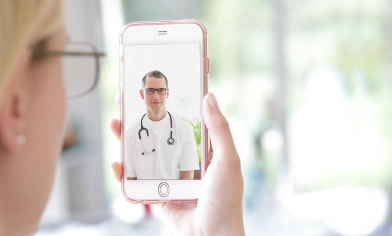British embassies in Commonwealth countries are known as high commissions, and the ambassador known as the high commissioner. Ambassadors can be sent to multiple different countries, but traditionally a high commissioner is assigned to one country for their whole career.
A consulate is where consular services are performed. Embassies will normally have a consular section. While there will only one British embassy in the country you visit, there may be a number of consulates. These would usually be in cities with the most tourists.
What does an embassy do?
One of the roles of embassies and consulates is to offer assistance to their national citizens abroad. The level of assistance that they offer may differ by country: in some areas of conflict, they can only offer very limited assistance.
There are things that an embassy can't help you with, such us lost luggage or transport delays, that will need to be taken up with your travel insurer. It's important you have the right level of cover to guard against the unexpected.
When do I need to contact my embassy or consulate?
The most common reason you would need to contact your embassy or consulate is if you lose or damage your passport. British embassies and consulates cannot create a new passport for you, however they can arrange emergency travel documents that will enable you to travel. These need to be applied for in person.
Where’s my nearest consulate?
Make sure you know where your country’s embassy or nearest consulate is, especially if you’re somewhere conflict is possible. It’s best to do this before you leave and carry the information on your person. If you do find yourself in a situation where internal or international conflict breaks out, you should immediately contact your embassy to find out what steps to take.
What can my embassy help me with?
Your embassy can help you if you’ve been the victim of serious crime or have fallen ill abroad. This could be offering contacts of local lawyers and doctors, advise you on how to transfer funds and help broker contact to your family at home.
They can’t provide you with money or remuneration, investigate a crime, become involved in the legal process or improve your healthcare beyond what is available to locals.
If you are arrested overseas, you will need to contact your embassy. They can offer you assistance such as a list of English-speaking lawyers and local interpreters (which are not recommendations), as well as guides to the country’s legal processes.
They cannot intervene in court cases, prevent deportation, pay any costs, secure your release from jail or forward correspondence from your friends or family.
However, they can communicate what has happened to your loved ones, aim to contact you within 24 hours of your arrest and pay you a visit as soon as possible. They aim to be non-judgemental and sensitive regardless of the accusations made against you.
Embassies and consulates can also help validate documents for use in the country you’re visiting. Registering births, deaths and marriages abroad will all require you to talk to your embassy.
When do I need to contact a foreign embassy in the UK?
If you’re going to a country that requires an entry visa, you might need to visit their embassy in the UK.
All countries outside of the EU will have some level of visa requirement, and don’t assume that you can always get a tourist visa on the flight or when you land. Always make sure that you are aware of a country’s visa requirements before booking your holiday.
You won't always need to visit an embassy, though. For the USA, there is an online application form called ESTA which you need to fill in at least 72 hours before you travel. It lasts for 90 days.
Specialist visas outside the EU – like working or student visas – will normally require visits to the country’s embassy.
If you need to go to an embassy in the UK, make sure to research your trip well in advance, as visits can often be time-consuming. Make sure that you have duplicates and originals of all the documents and information you need to provide.
Should I go to the police station or the embassy?
If you’re the victim of serious crime abroad, you will need to contact local police, your embassy and your insurer. To make an insurance claim that is the result of a crime (for instance a theft), you will need a police report.
Your embassy will be able to advise you on whether you require their assistance with crimes abroad, so if you consider the crime to be serious then contact them.
If you have lost something and it isn’t the result of a crime, you don’t need to contact your embassy (unless it’s your passport or another legal document).
Where can travel insurance help?
The help that embassies can offer is not universal and will almost never be financial. If you’ve lost something valuable, had an accident or become ill, you will need to alert your insurer as soon as possible. Not only will there usually be an exclusion on claims made after 48 hours of the event, but you may need assistance rapidly.
Having the right travel insurance and knowing what the exclusions are will mean that you are able to travel safely and are protected in the event of the unexpected.
